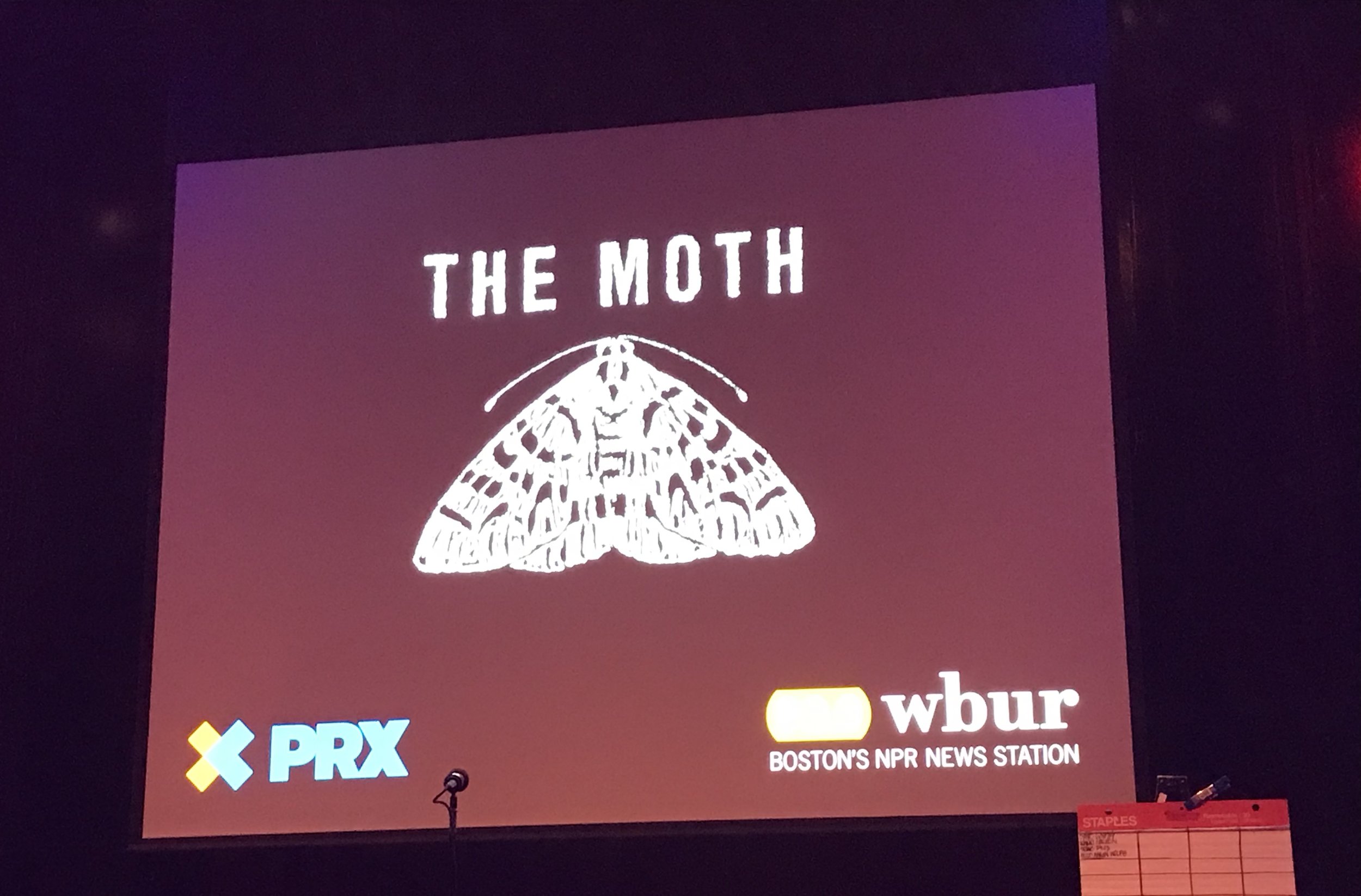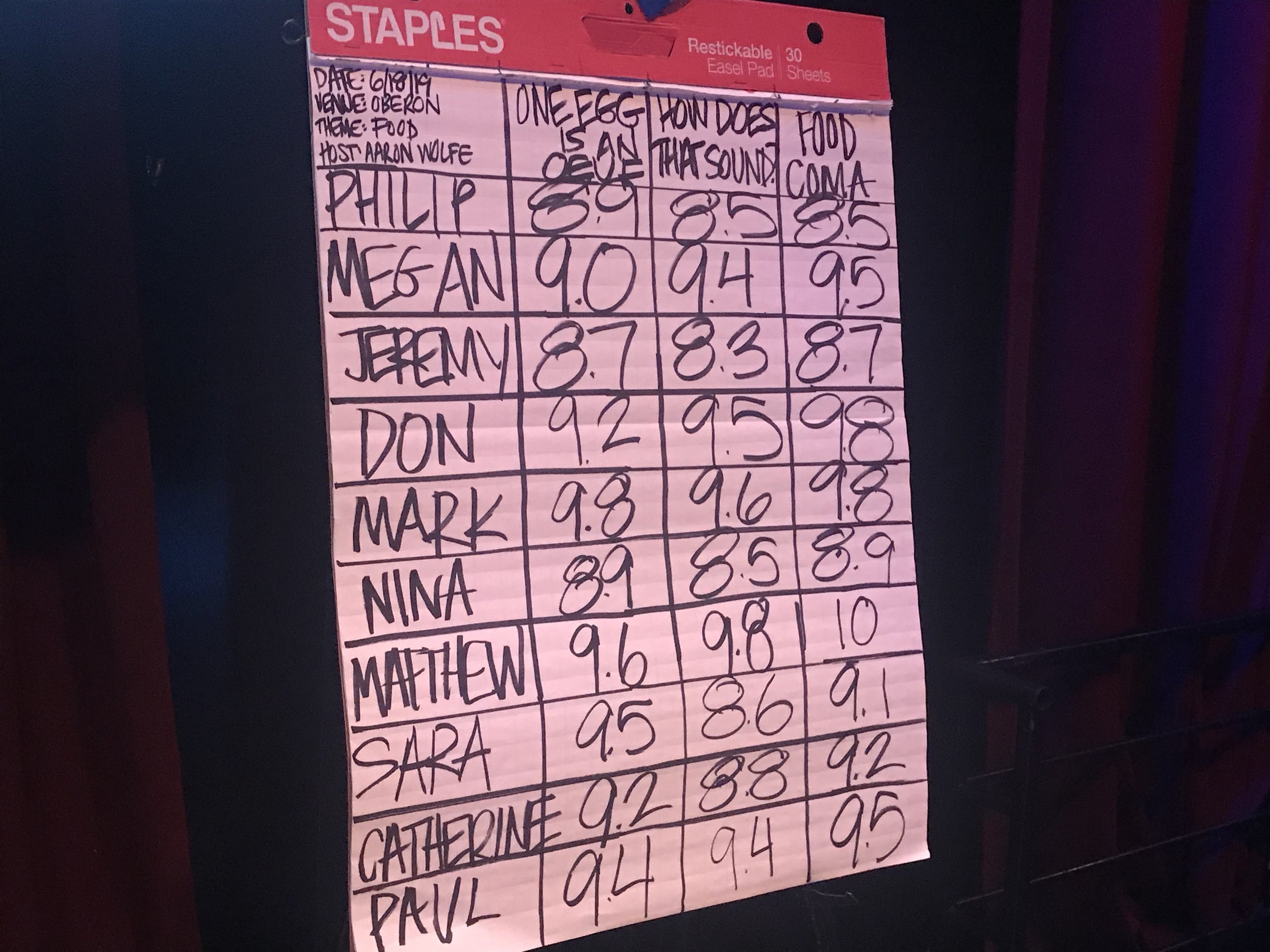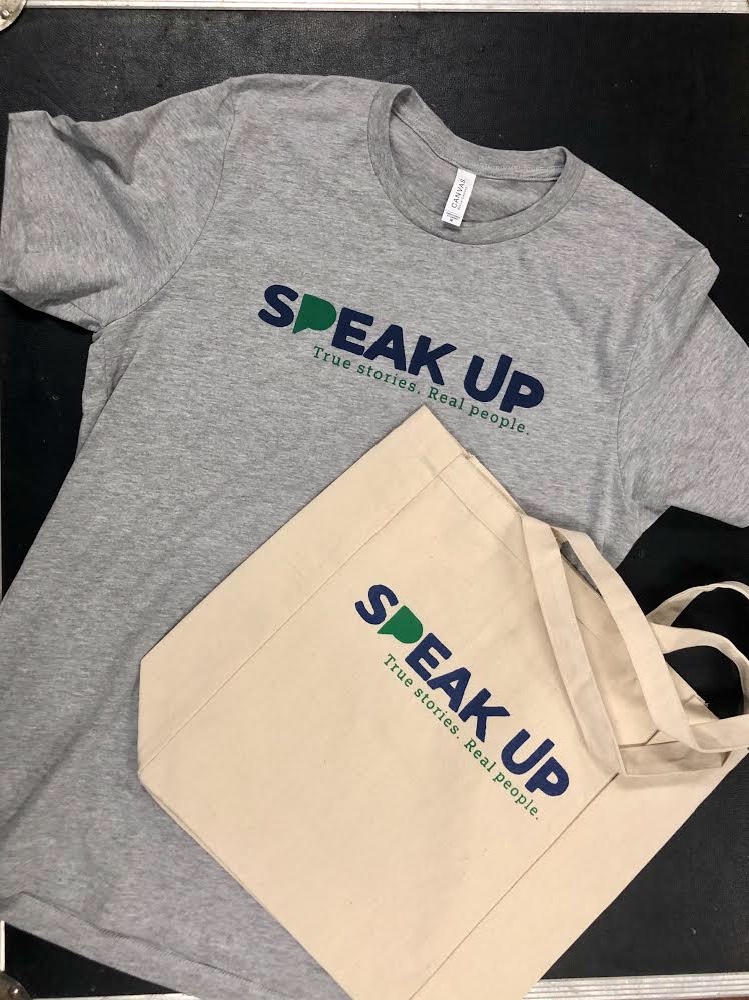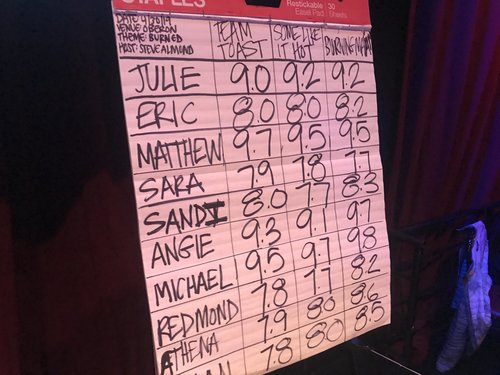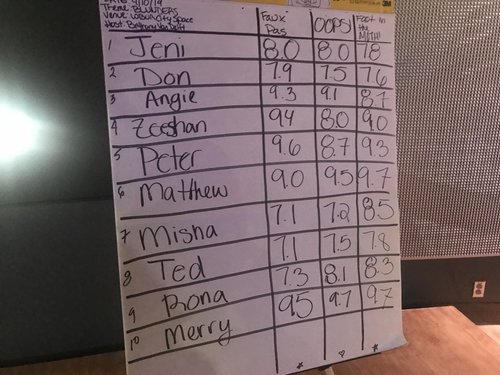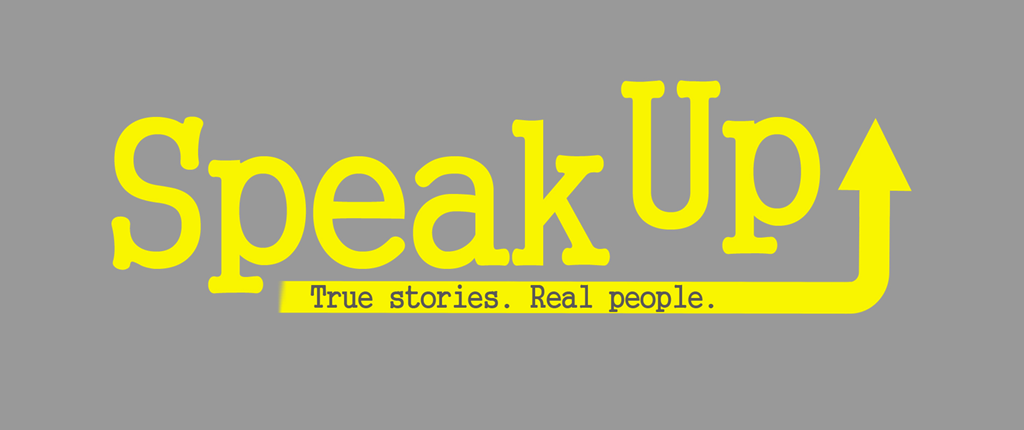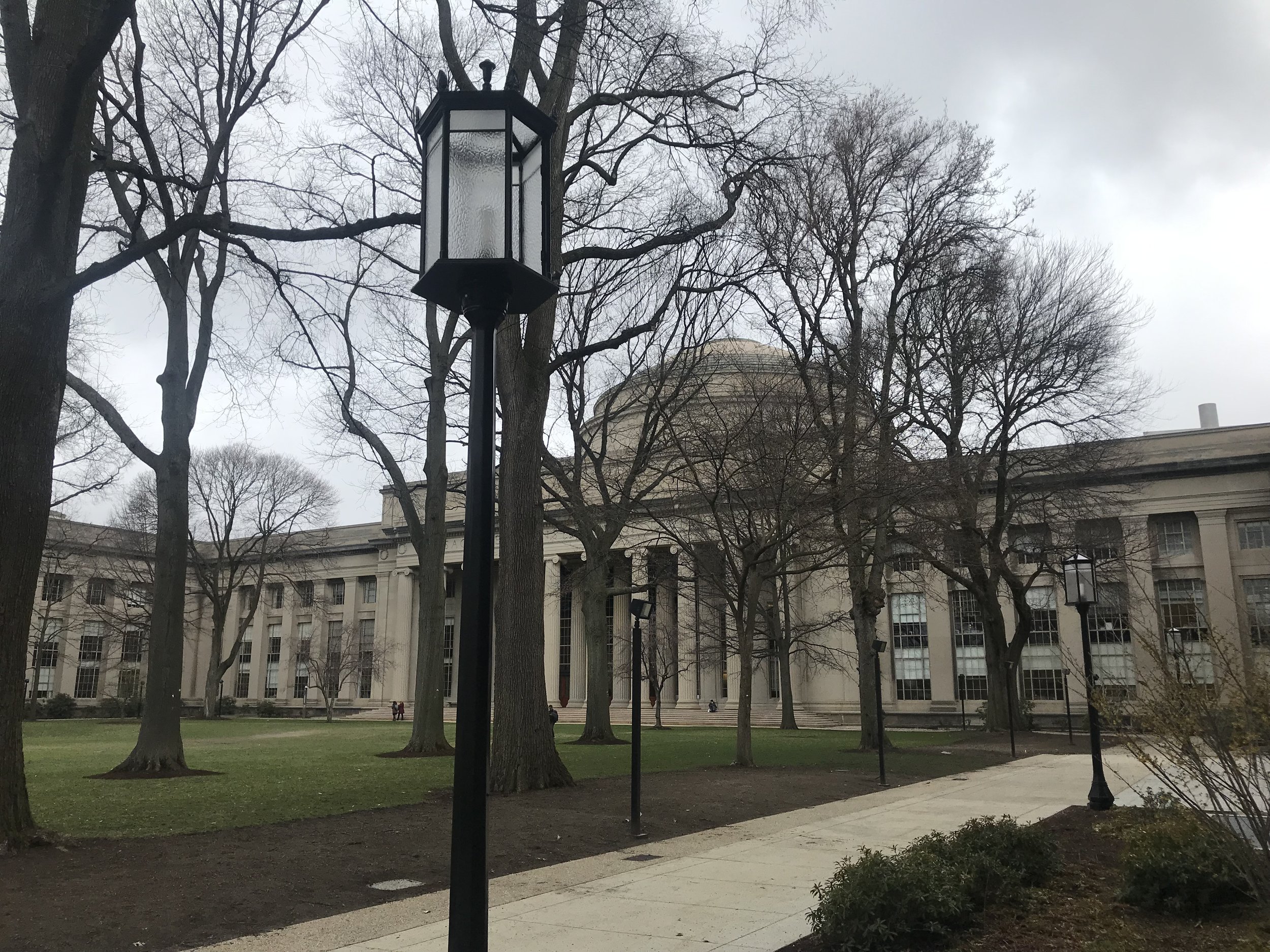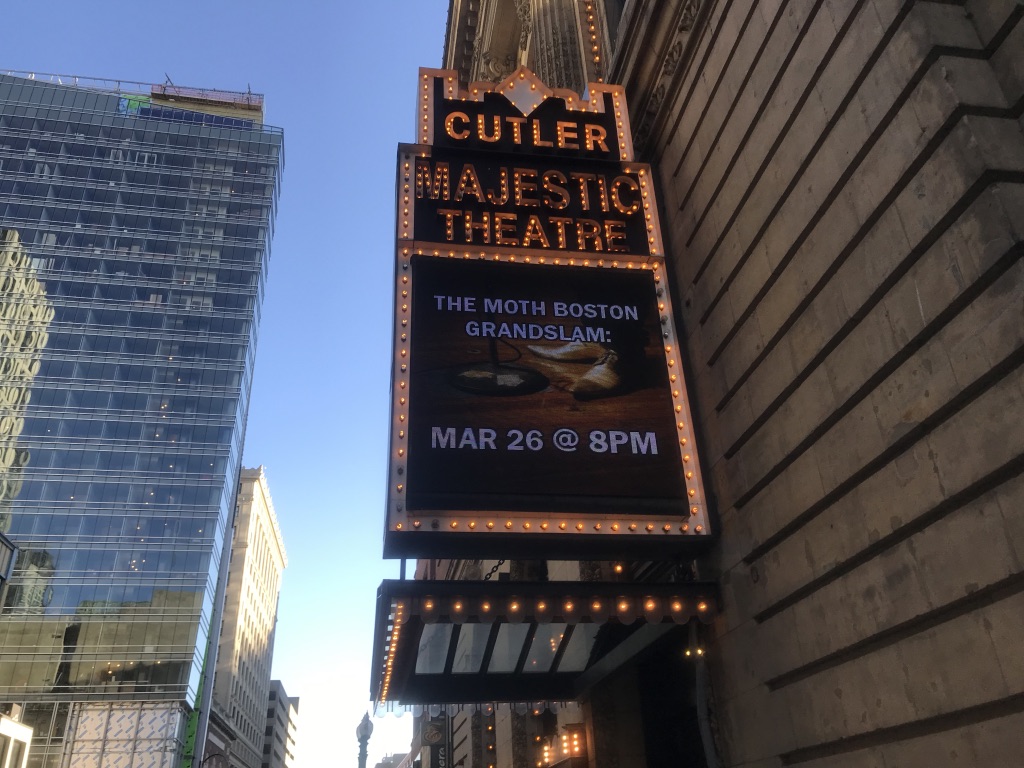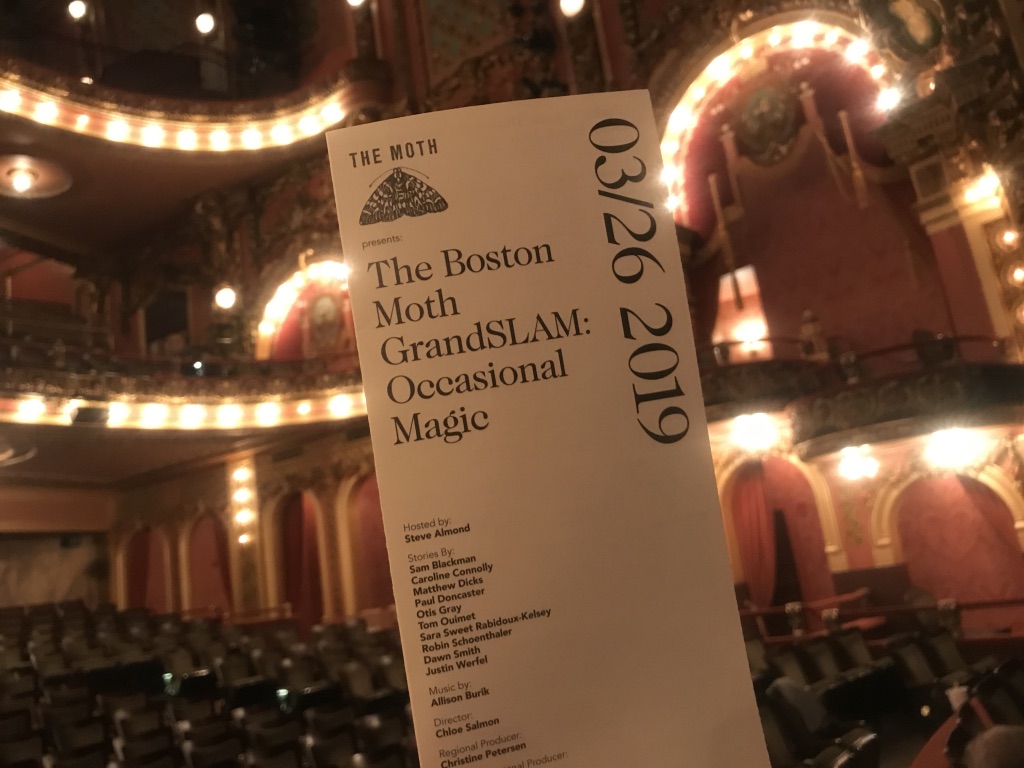Speak Up Storytelling: Mark Scerra
/On episode #55 of the Speak Up Storytelling podcast, Elysha Dicks and I talk storytelling!
In our follow up segment, we discuss some exciting news from the world of the parent and trademark office and from a recent Moth StorySLAM. We also hear from a listener who identifies an unfortunate verbal tic that Matt must now excise from his lexicon.
STORYTELLING WORKSHOPS 2019
July 27: Storytelling workshop (advanced), CT Historical Society
July 29-August 2: Storytelling bootcamp, CT Historical Society
August 17: Storytelling workshop, Taproot Theater, Seattle, WA
October 4-6: Storytelling workshop, Art of Living Retreat, Boone, NC
October 25-27: Storytelling workshop (beginners), Kripalu Center for Yoga and Health
December 6-8: Storytelling workshop (advanced), Kripalu Center for Yoga and Health
STORYTELLING SHOWS 2019
August 10: Great Hartford Story Slam at Hartford Flavor Company
August 17: Solo storytelling show at Taproot Theater, Seattle, WA
September 7: “Tests” at Real Art Ways
In our Homework for Life segment, Matt talks about how storytellers are constantly trying to make connections between moments in their lives in order to understand life better and tell better stories.
Next we listen to a story by Mark Scerra.
Amongst the many things we discuss include:
Authenticity thru the avoidance of memorization
The power of nostalgia in a story
The variety of constructs that could be used in telling a story
The identification and preservation of surprise
Metering out character description throughout the story
Making sure that hard-to-imagine elements of a story are made as imaginable as possible
The effective violation of Matt's cultural reference rule
We then answer listener questions about storytelling in technology and pitching stories to Speak Up.
Finally, we each offer a recommendation.
LINKS
Purchase Storyworthy: Engage, Teach, Persuade, and Change Your Life Through the Power of Storytelling
Purchase Twenty-one Truths About Love
Homework for Life: https://bit.ly/2f9ZPne
Matthew Dicks's website: http://www.matthewdicks.com
Matthew Dicks's YouTube channel:
https://www.youtube.com/matthewjohndicks
Subscribe to Matthew Dicks's weekly newsletter:
http://www.matthewdicks.com/matthewdicks-subscribe
Subscribe to the Speak Up newsletter:
http://www.matthewdicks.com/subscribe-speak-up
RECOMMEDATIONS
Elysha:
Chompers: https://gimletmedia.com/shows/chompers
Matt:
When the World's Most Famous Mystery Writer Vanished by Tina Jordan: https://nyti.ms/2Y7C1Sv

